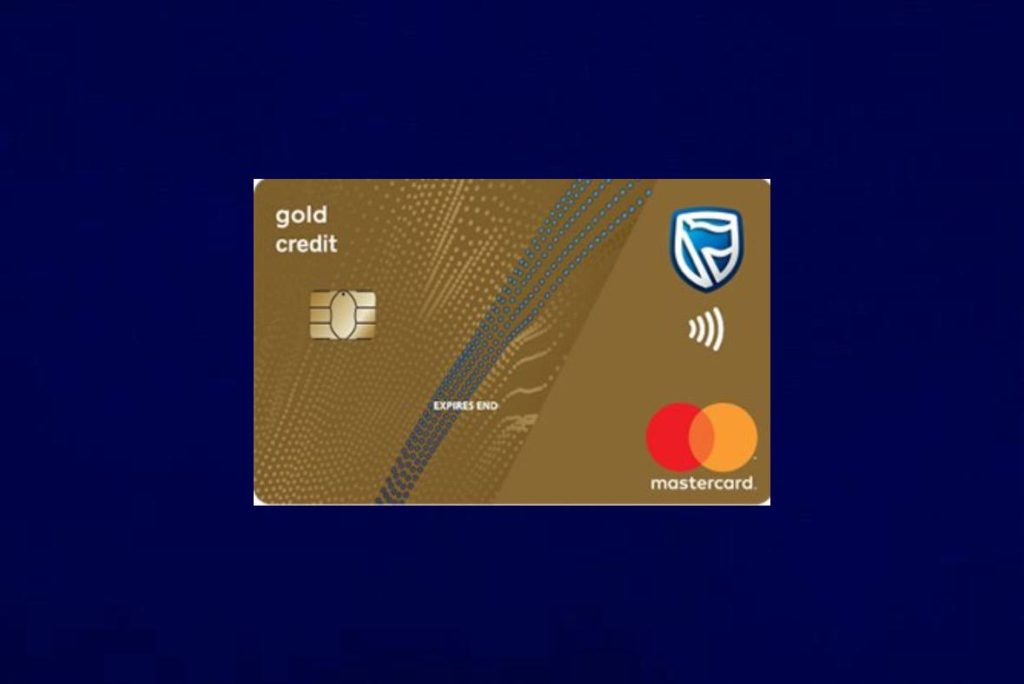Swift Tactics to Avoid Credit Card Debt
Here are crucial strategies for managing credit effectively and steering clear of debt that might burden your financial well-being.
Managing credit card debt can be tough, especially in a country like the U.S. where credit cards are widely used.
This is due to the fact that using credit cards is a key component of financial life in the U.S. High-interest rates and easy credit access often trap consumers in debt.

Fortunately, employing quick and effective methods can help you steer clear of debt and maintain your financial health.
Set a Clear Budget
Create a budget, assess your monthly income, and categorize your spending. Utilize financial management apps to keep an eye on your expenses.
This helps you pinpoint where you can save, ensuring that you never spend more than your means.
Prevent Balances on Your Card
In the U.S., credit cards often carry interest rates above 20% annually. Carrying a balance can result in hefty interest charges, leading to debt.
Whenever feasible, pay off your entire balance by the due date to steer clear of additional fees.
Use Credit Wisely
While credit cards can provide perks like rewards and cashback, it’s crucial to use them judiciously. Focus on purchases you can afford to pay off completely.
Refrain from using your card for discretionary purchases or to support a lifestyle you can’t sustain.
Create an Emergency Fund
Not having savings for emergencies can be risky; aim to have enough to cover 3 to 6 months of expenses. This will help you avoid relying on credit cards in unforeseen circumstances.
Know Your Card Fees and Terms
Understanding the fees, credit limits, and terms of a card is essential before you start using it. Some cards may impose annual fees or cash advance charges, so being aware of all costs is vital.
Establish Automatic Payments
Many people rack up debt simply because they forget to make their payments on time. Setting up automatic payments can help ensure that at least the minimum payment is made punctually.
Limit Your Credit Card Count
While having numerous credit cards can be appealing, it also raises the chances of overspending. Try to limit the number of cards you regularly use and concentrate on managing those effectively.
Make Payments Above the Minimum
While it might seem easy to pay just the minimum, doing so extends the time it takes to clear your debt and significantly raises interest charges.
Strive to pay more than the minimum amount to help decrease your balance and prevent accruing interest.
Keep Track of Your Credit Report
Your credit history plays a vital role in securing better financial options, such as lower interest rates. Utilize free resources to monitor your score and check for errors or unauthorized charges.
Steer Clear of Impulse Buying
Impulse buys are a major contributor to high credit card debt. Before purchasing, consider whether it’s genuinely necessary.
A smart tactic is to wait a full day before making any spontaneous purchase.
Discuss Interest Rates with Your Lender
If you maintain a good payment record, you might be able to negotiate a lower interest rate with your credit card provider.
Numerous companies are ready to modify their rates to keep valuable customers, which can significantly aid in managing your balances.
Pursue Financial Literacy
Many Americans struggle with debt due to a lack of understanding about credit. Dedicate time to enhancing your financial knowledge by exploring books, attending seminars, or utilizing online tools.
Gaining knowledge will empower you to make wiser financial choices throughout your life.
Watch for Red Flags
If you’re frequently relying on credit cards for necessary expenses, it might indicate that your finances need some tweaking.
Take some time to reassess your budget and explore options for boosting your income or cutting down on expenses.
Focus on Eliminating Current Debts
If you have existing debts, create a solid strategy for paying them off.
Methods like the avalanche approach (focusing on debts with higher interest rates) or the snowball approach (targeting smaller debts first) can effectively lighten your financial load.
Maintaining freedom from credit card debt requires commitment and organization. In the U.S., where credit is easily accessible, it’s simple to fall into financial pitfalls.
However, by implementing these tactics, you can leverage credit wisely and pave the way for a prosperous financial future.





